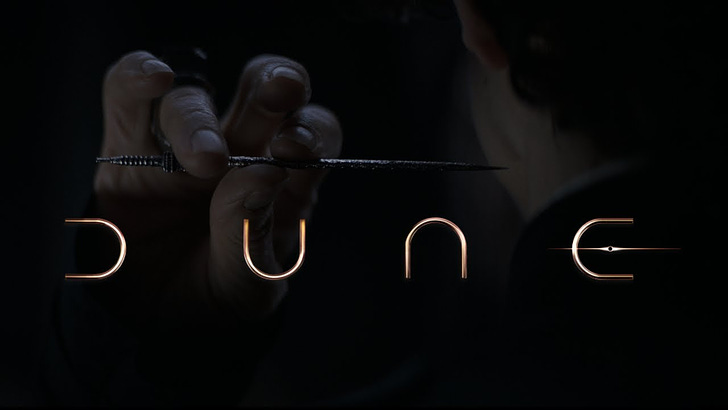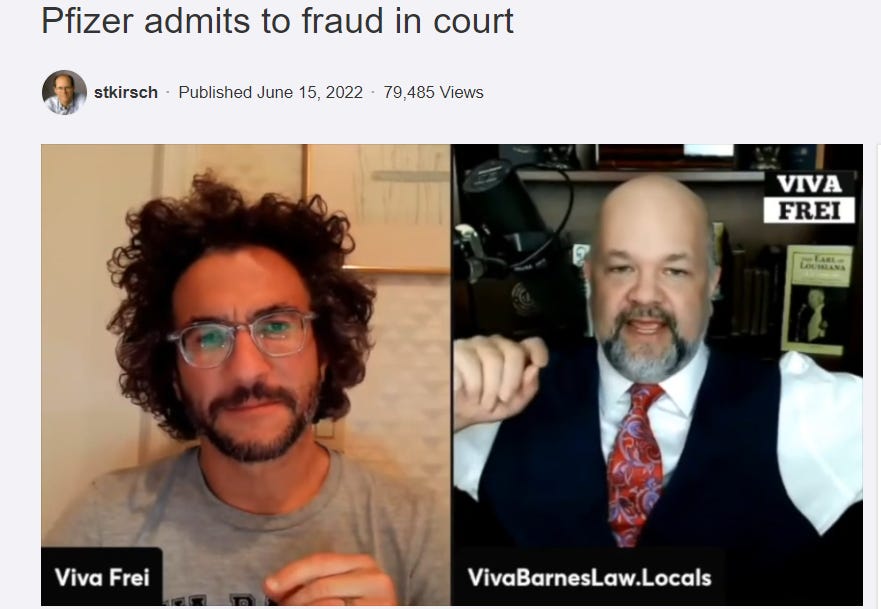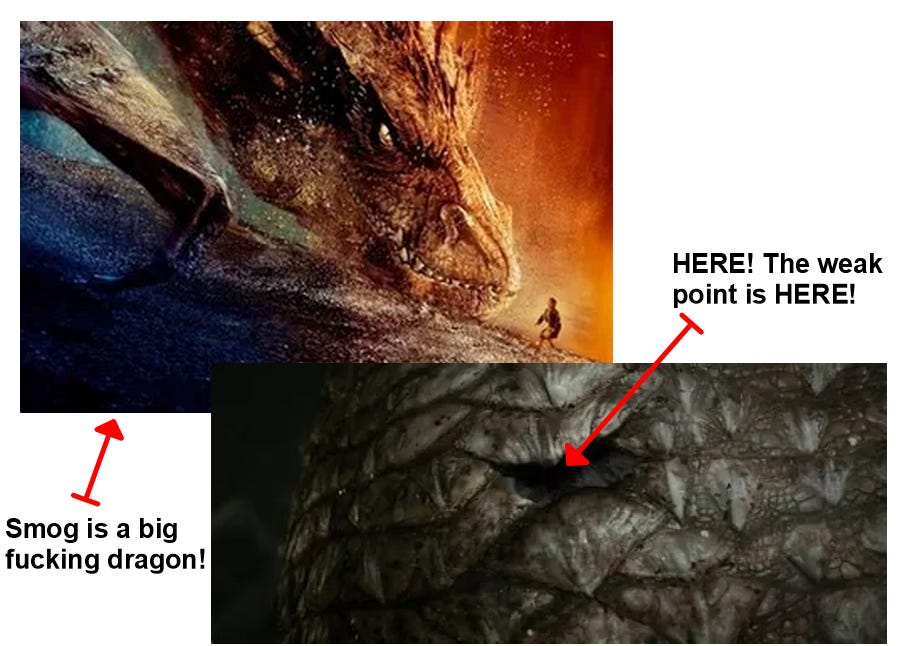"When solving problems, dig at the roots instead of just hacking at the leaves." -Anthony D'Angelo
Over the past few months I have received a large number of communications—both from friends, interested parties, and people whom I don't trust alike—that go something like this, "You're opening a very dangerous can of worms."
Yeah, well, we all die somehow. What a shame it would be for that to mean nothing.
The Most Complete DMED Interview
My friend Chris Masterjohn was the right person to discuss the likely DMED mass data fraud story with. Aside from being himself brilliant, he has had the opportunity to see and absorb pieces of the data and story over a period of several months. This allowed for us to have a highly complete conversation about the details, the knowns, and the known unknowns.
If you know somebody with the desire and patience to examine the details, this is the one to send them.
Now, a few words on being human…
On Being Human
There is a particular moment in one of my favorite novels, Dune, in which the protagonist Paul Atreides is put to a brutal test known as the Gom Jabbar. Passing the test would mean continuing to live, while failure would be punished with instant death by way of a poison needle. Don't look the Gom Jabbar up online because this is one of those books and one of those moments where the vast majority of the people commenting get at least one element of the story wrong. The movies aren't that helpful on the finer points either, pardon the pun. The lesson seems to have gone over the head of the director of the most recent film.
There is a key part of the dialogue missing. The most important part. Here is what the Reverend Mother Gaius Helen Mohiam had to say to Paul [in the book],
You've heard of animals chewing off a leg to escape a trap? There's an animal kind of trick. A human would remain in the trap, endure the pain, feigning death that he might kill the trapper and remove a threat to his kind.
The Gom Jabbar thus sifts for humans who are defined as people who can endure the pain for the sake of a particular aspect of agency in the face of death.
The lesson is game theoretic. The human facing their own death still makes the decision that protects every other member of their tribe. The ability to do so requires a fitness of will, an alpha sense of community, and exceptional training. A tribe including members capable of such acts has far greater chances of survival when in competition with those that do not. And in particular, those tribes that are handicapped by limitations in action dictated by ethics and morality must achieve such advantages of transcendental discipline in order to counter those other more clumsy tribes with low qualms across communication chasms.
In the Dune universe, it took centuries to produce just one young man who could pass that test. That human was then able to endure a seemingly impossible gauntlet of challenges to set up the possibility of a chain of events that would transform a wealthy, but fragile society (that was fragmenting into ultra-specialists and fatally non-cooperative rival empires) into a robust and expansive species of explorers. All of that took a few more novels.
A few inches away on the same bookshelf is the Maori pilot Mazer Rackham who helps Ender Wiggin in the final leg of his training to command forces who defeat the dangerous (powerful, while lacking in communication to establish diplomacy) Formic aliens. Mazer's backstory was a meandering military career that began with the failure [sic] of a test for entry into a Special Forces team where he endured extreme torture (the designation for "success" in the test was to escape the torture trap as there was no Gom Jabbar). Once engaged in a different developmental route, Rackham became the hero who salvaged victory for humanity from a desperate position in the First Formic War. He found the enemy's critical weakness in its asymmetric centralized command structure.
I don't mean to attempt to act as though distilling the meaning of humanity down to a couple of pithy science fiction stories is anything like fully correct or complete. I just wanted to share a perspective that involves making painful choices. Why? Because I believe that there is still a degree to which we (who choose to act deliberately) choose the future.
Who Cares About Fraud, Anyhow?
"…Brook Jackson's case marches onward—Probably the biggest whistleblower false claims act maybe in the history of the United States." -Robert Barnes
It has been pointed out that the observation of fraud would remove the liability shields of the pharmaceutical giants. Personally, I think that we should view this as a test of dictatorship, or de facto rule by a Global Nazi Party.
Do we still enjoy Rule of Law?
Is this still a Republic?
Shouldn't we want something like a litmus test in order to know?
This clip from the exceptional Frei and Barnes duo quickly grew popular as many of their clips often do. But this popularity has not been the norm with respect to discussions of Brook Jackson's fraud case. I talked with her the other day and was surprised when she told me that almost nobody seems to want to interview her and promote her whistleblower story as a Ventavia trial observer (Pfizer COVID-19 vaccine trial). I checked and was shocked to see a paucity of views of her small number of interviews.
The reason I pushed out the DMED story more and more vehemently is that (1) I wasn't seeing the action I expected on the issue from others, and (2) I thought about how Brook Jackson's story took 15 months to hit the public consciousness. I couldn't bear to sideline what I'd discovered for some vague notion of strategy (that nobody was actually willing to hold a meeting about, much less explain to me). As I've pushed it more and more, I have been met with confusing signals, sent a variety of threats of relative credibility, warned by people who care about me, and suddenly offered [random] jobs…just sort of out of the blue. Like, "Hey, Mathew, I know we haven't talked in 27 years, but I have this position with a high salary that I think would fit you," which has nothing to do with anything I've ever done or been interested in. (Honestly, I'm touched by some of this as much as it's clearly weird.)
While there is this talk among "the resistance" of "fraud removes the liability shield," what I believe is that "success" on this level will happen long after the damage is done [so does Ed(?), but he somehow compartmentalizes the "Big Short" and "the system is going to crash" narratives], or that there is no real rule of law in the status quo (something like a singularity or eye of the storm). I know that sounds harsh, but I will default to one of my more common statements:
I am short term pessimistic, and long term optimistic.
Lately I'm asking myself if much of the resistance even cares about doing the best possible job to spot the identifiable fraud and take a shot at the dragon's soft underbelly.
This is not because I think that a fraud conviction will stop what is taking place, but because it will awaken more humans. More humans who can concoct and spring their own trap.
When It All Breaks Down, Who's Going to Rebuild It?
I am still long term optimistic for humanity (after the near term carnage), but not because I think the resistance is going to solve the problems of this era by replacing Democrats with Republicans in November (while 95% of red states are ordering experimental quasi-vaccines for babies and toddlers instead of 100% of blue states) or win a major court victory that will somehow stave off economic collapse or unvaccinate anyone. I am long term optimistic because I believe that those who step up to rebuild are better people than the Kunlangeta whom they will replace after centralized currencies eventually fail.






🙏 Thank you Matthew for your courage. This country needs more courage and less conformity. 🛡
You gotta do what is yours to do. We’re lucky to have someone with courage and integrity to stand against the dragon and that alone can inspire the rest of us to do what is ours to do. I really think people aren’t quite understanding the gravity of it. When I tell people, they shrug it off as just another data crime. It’s a story you need to hear a few times before it sinks in properly.
I love Dune. I love Ender’s Game. An omitted aspect in the film are Peter and Valentine’s stories. As Ender’s siblings, they provided the extremes of humanity- psychopathy to unwavering empathy, and their back and forth philosophical op eds in the book are still so relevant.